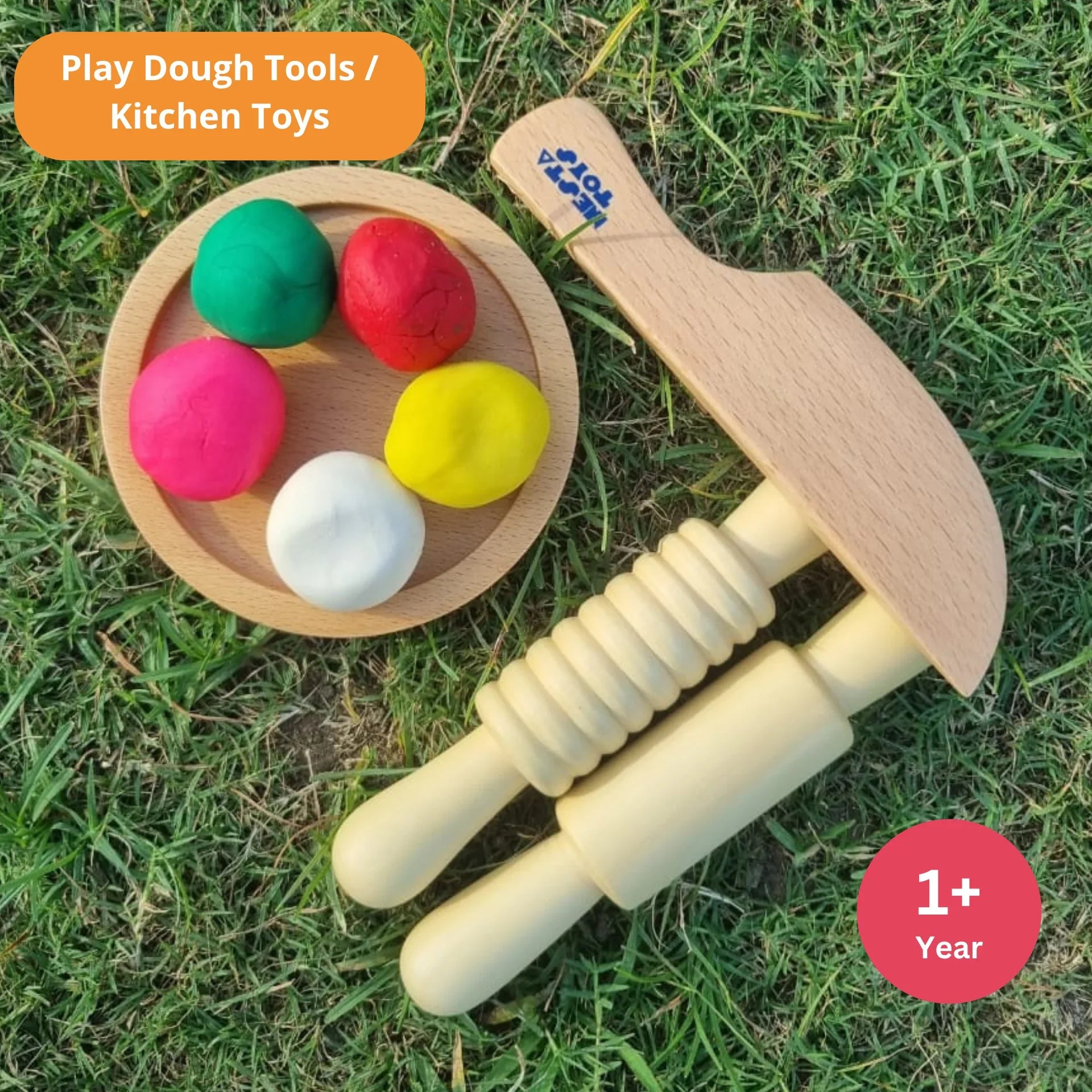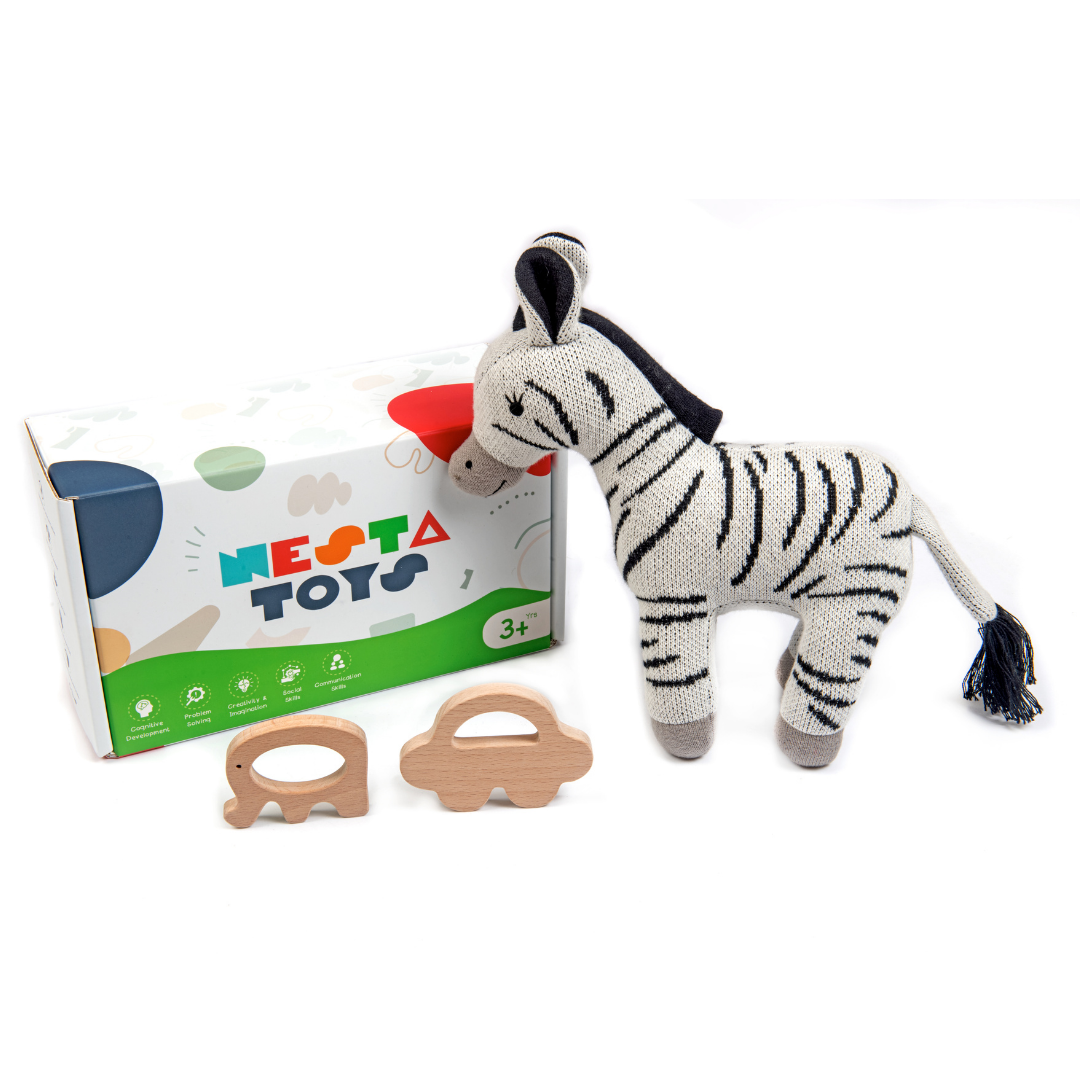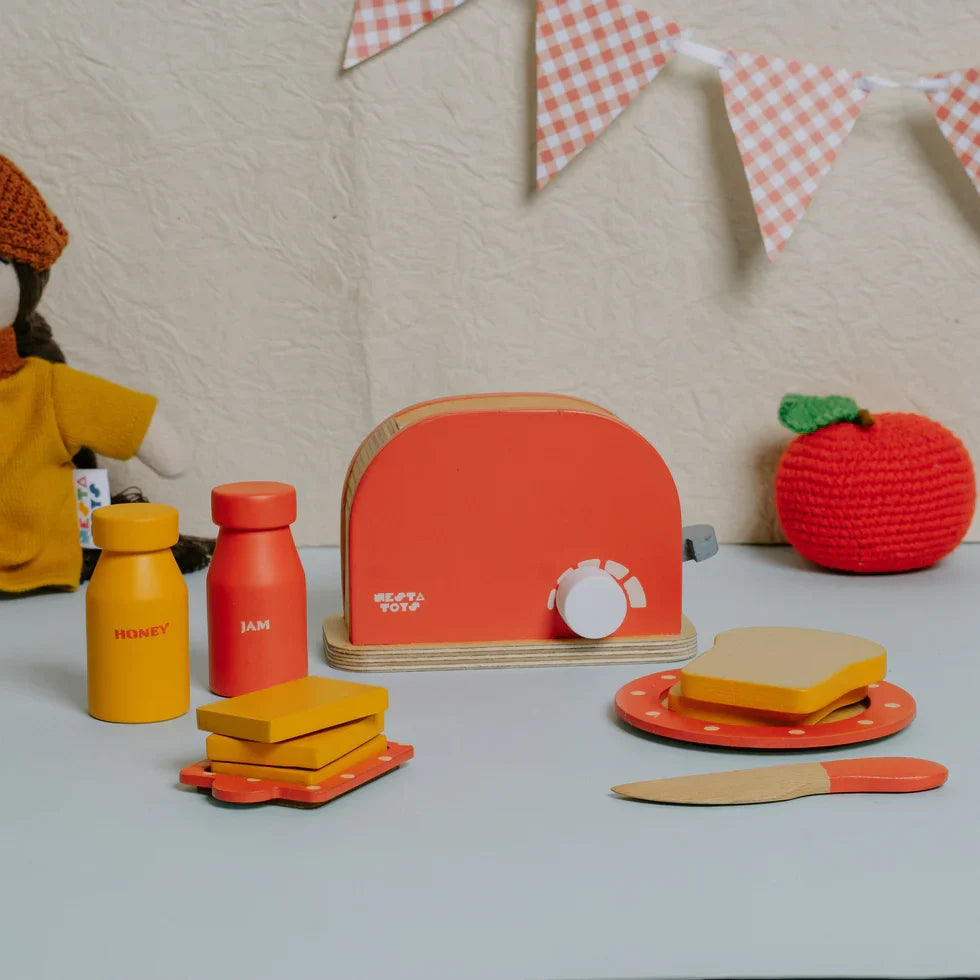Creativity is a fundamental aspect of a child's development, and it thrives through art and creative play. Let's delve into how these activities play a vital role in shaping a child's cognitive and emotional growth:
-
Expression of Emotions: Art and play provide a safe outlet for children to express their emotions. Whether through painting, drawing, or imaginative play, they learn to convey feelings that may be difficult to express verbally. This emotional intelligence is crucial for building empathy and understanding in later life.
-
Enhancing Problem-Solving Skills: When children engage in creative activities, they often encounter obstacles or challenges that require solutions. This process of trial and error fosters problem-solving skills, critical thinking, and resilience. They learn that mistakes are opportunities to learn and grow.
-
Strengthening Fine Motor Skills: Art activities, such as coloring or cutting with scissors, help develop fine motor skills. These skills are essential for tasks like writing, tying shoelaces, and buttoning clothes, setting the stage for academic and practical success.
-
Boosting Self-Esteem and Confidence: Creating something unique, whether it's a painting or a sculpture, gives children a sense of accomplishment. Positive feedback and praise from adults and peers boost their self-esteem and confidence, encouraging them to explore and create further.
-
Cultivating Imagination: Creative play allows children to use their imagination and explore new worlds. This not only ignites their creativity but also nurtures a sense of wonder and curiosity that extends beyond childhood.
-
Language Development: Through storytelling, children develop their language skills. Whether it's narrating the story of their drawing or creating dialogues for their toys, they enhance their vocabulary, comprehension, and communication skills.
-
Building Social Skills: Collaborative art projects and group play teach children important social skills, such as cooperation, sharing, and teamwork. They learn to negotiate and work together to achieve a common goal.
-
Reducing Stress and Anxiety: Engaging in creative activities can be a form of relaxation for children. It helps reduce stress and anxiety, promoting emotional well-being and a sense of calm.
-
Appreciating Diversity: Art exposes children to different forms of expression and cultural diversity. This early exposure encourages open-mindedness and an appreciation for different perspectives.
-
Fostering a Lifelong Love for Learning: By nurturing creativity from an early age, we instill a love for learning that stays with children throughout their lives. Creative thinking and a passion for exploration become lifelong assets.
As parents, caregivers, and educators, let's provide ample opportunities for children to engage in art and creative play. By doing so, we empower them to develop not only as creative individuals but also as emotionally intelligent, confident, and resilient human beings.








